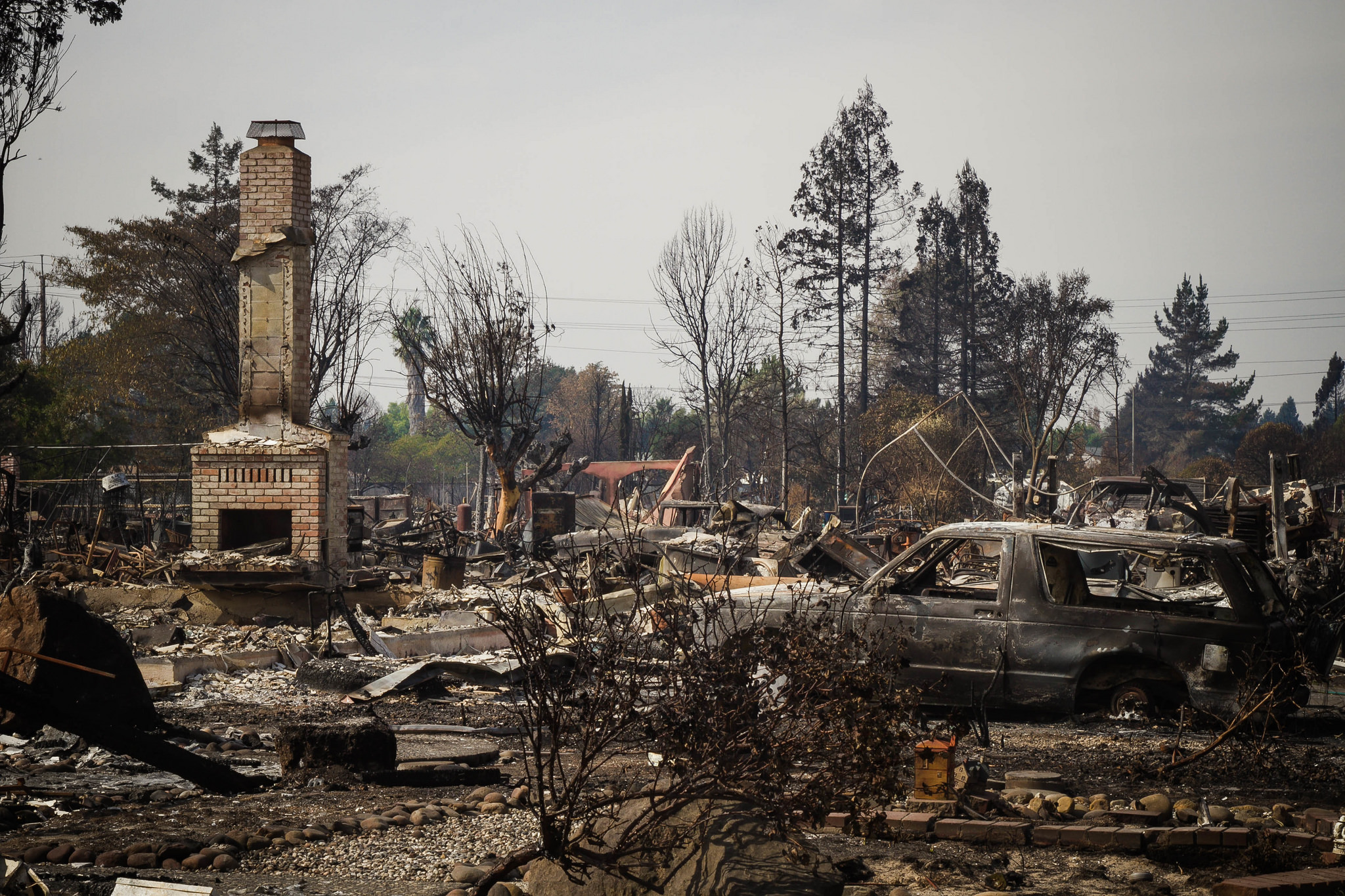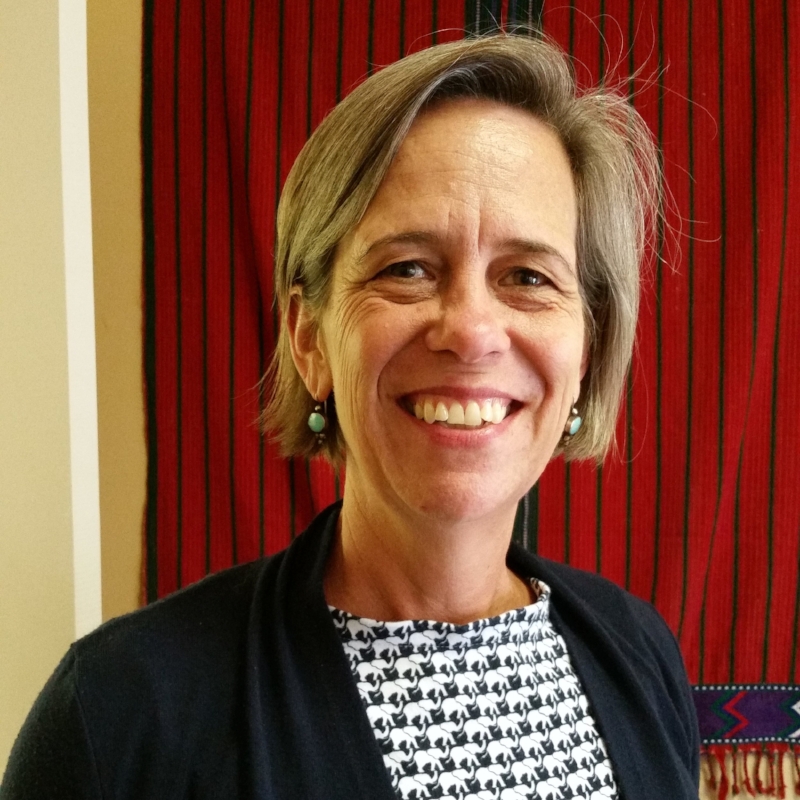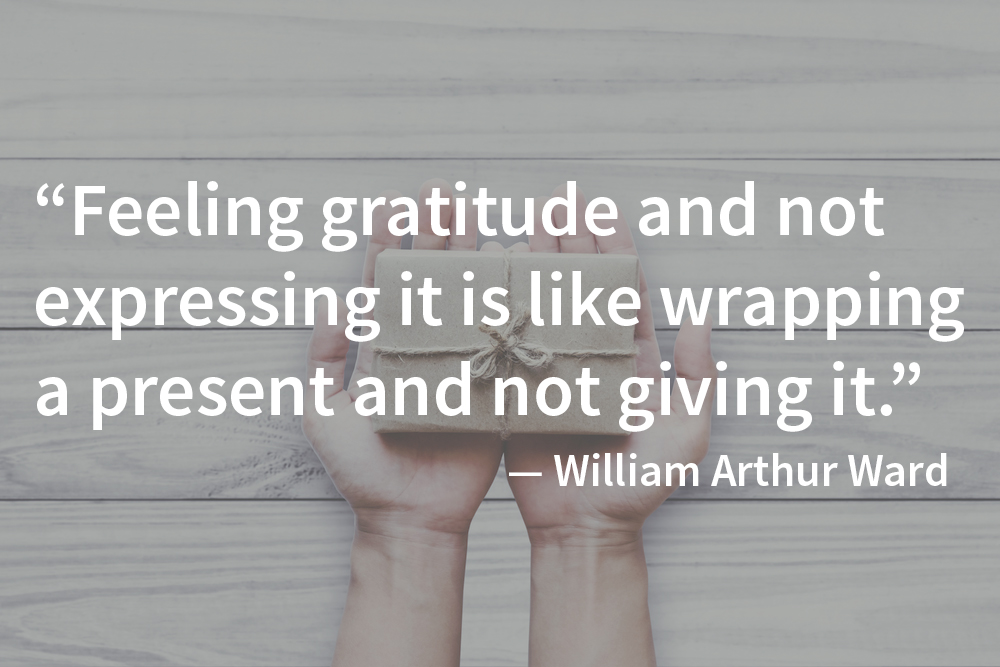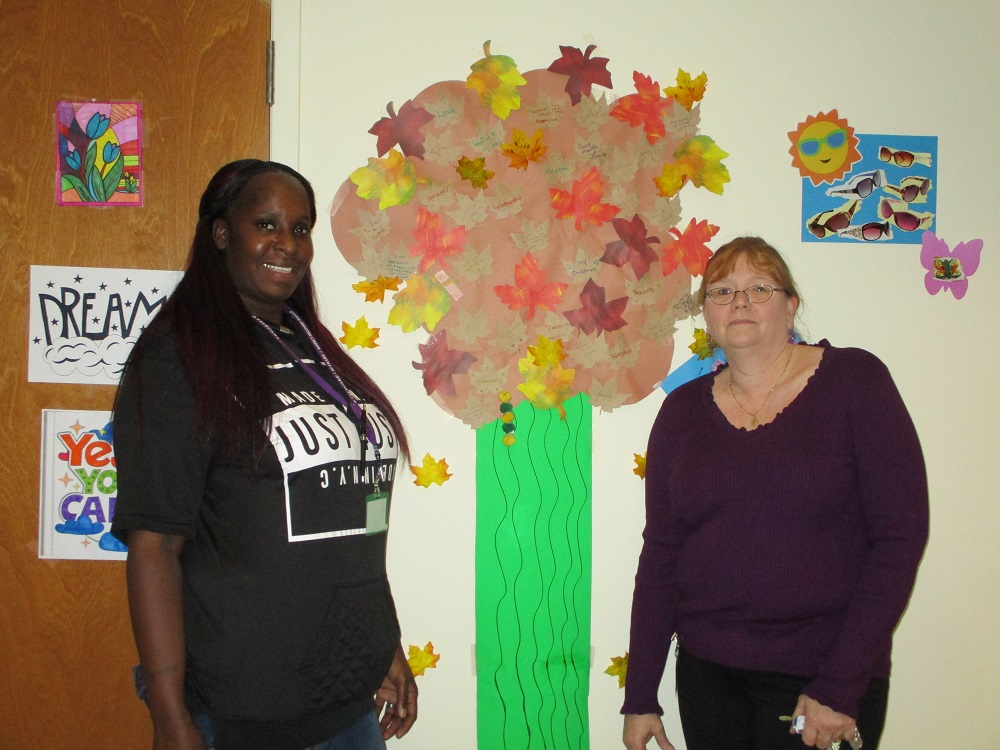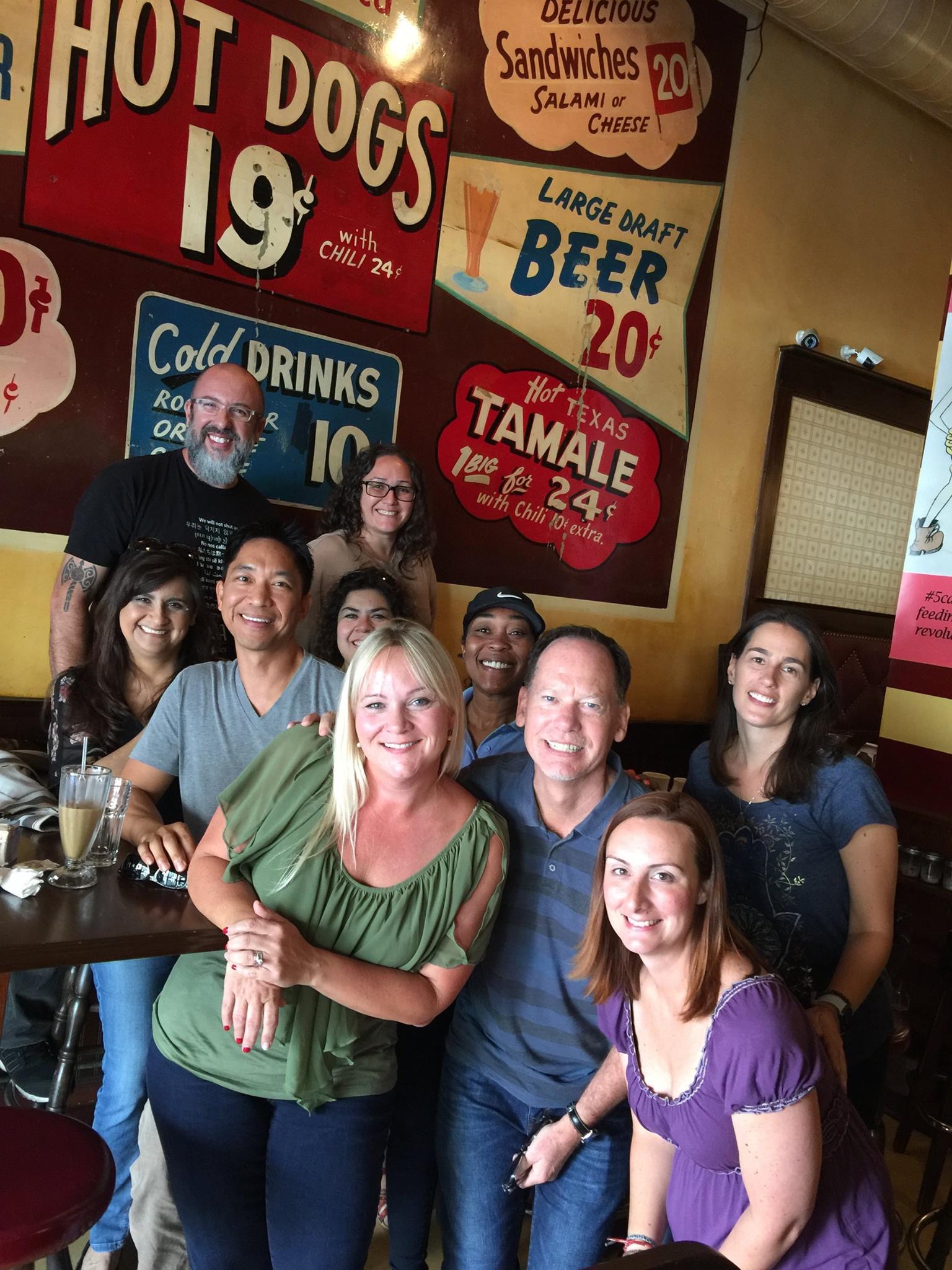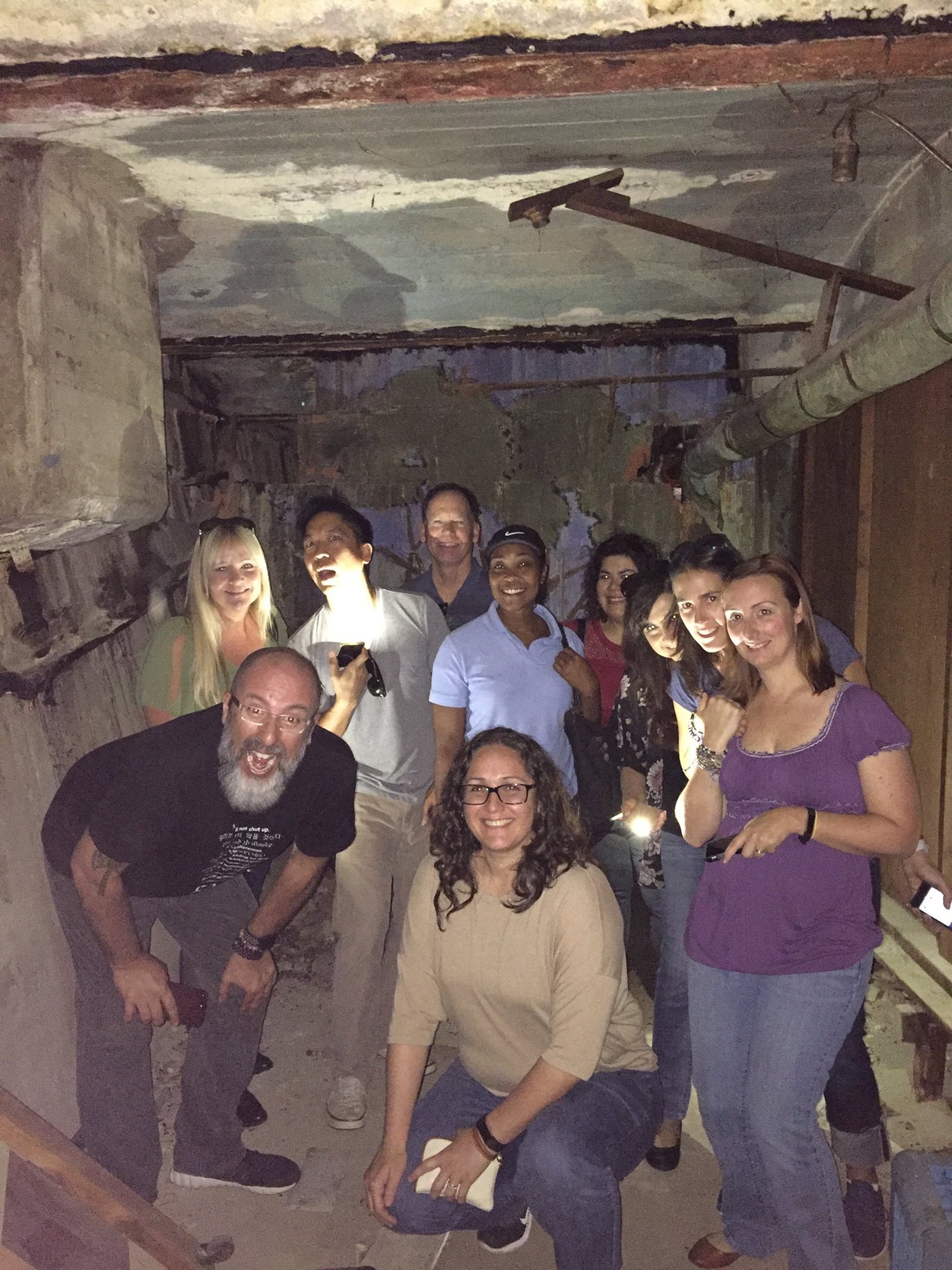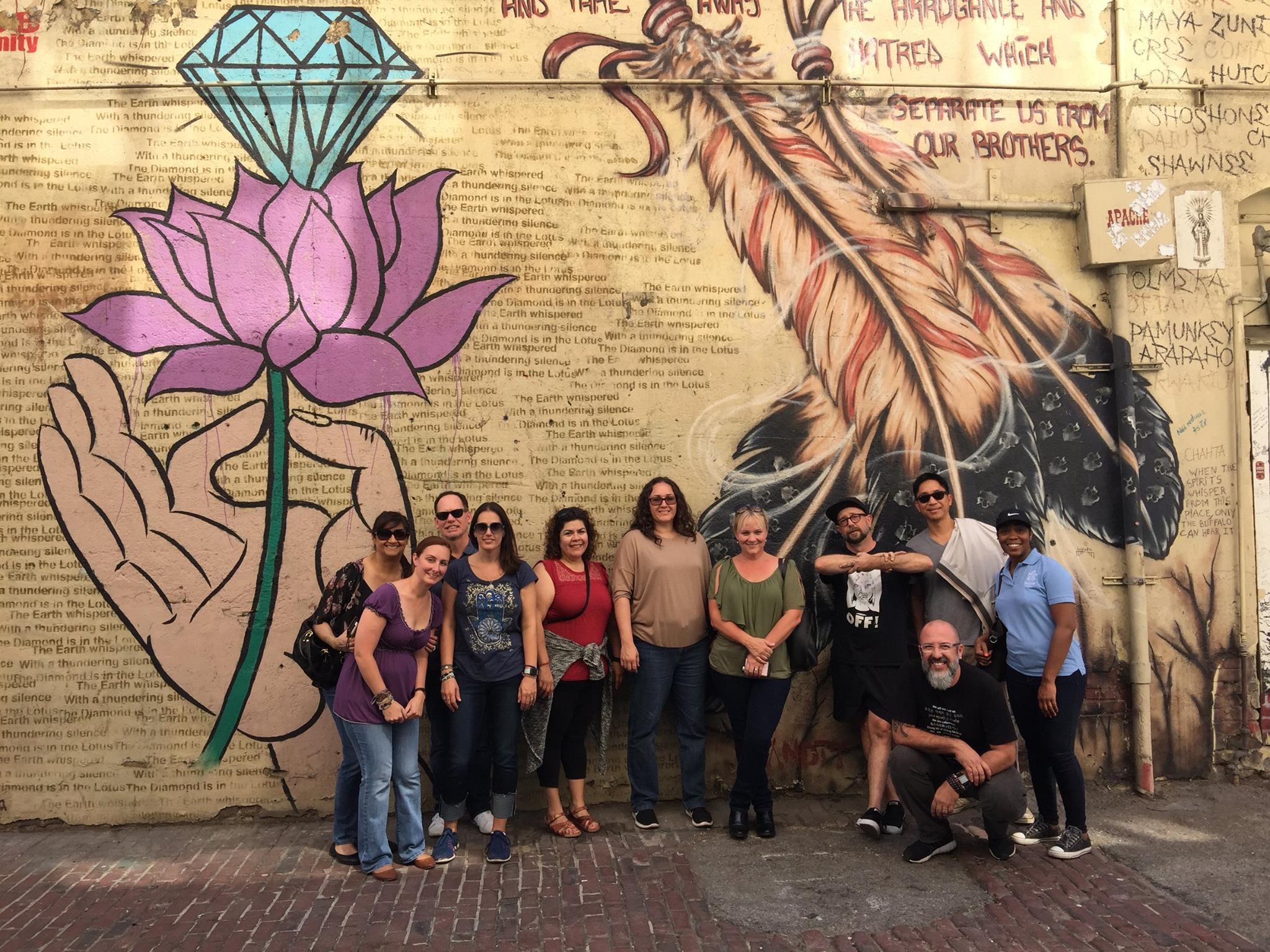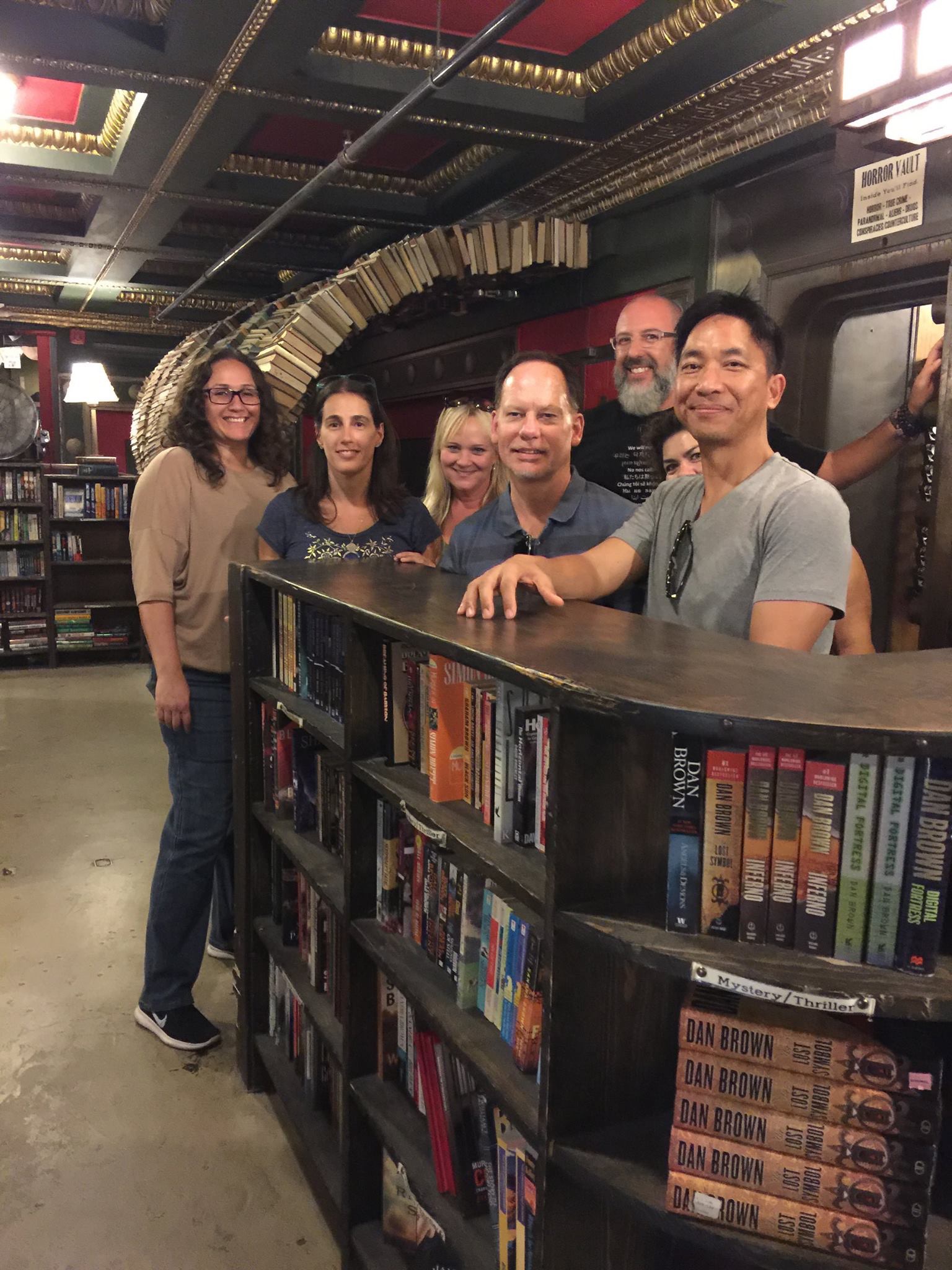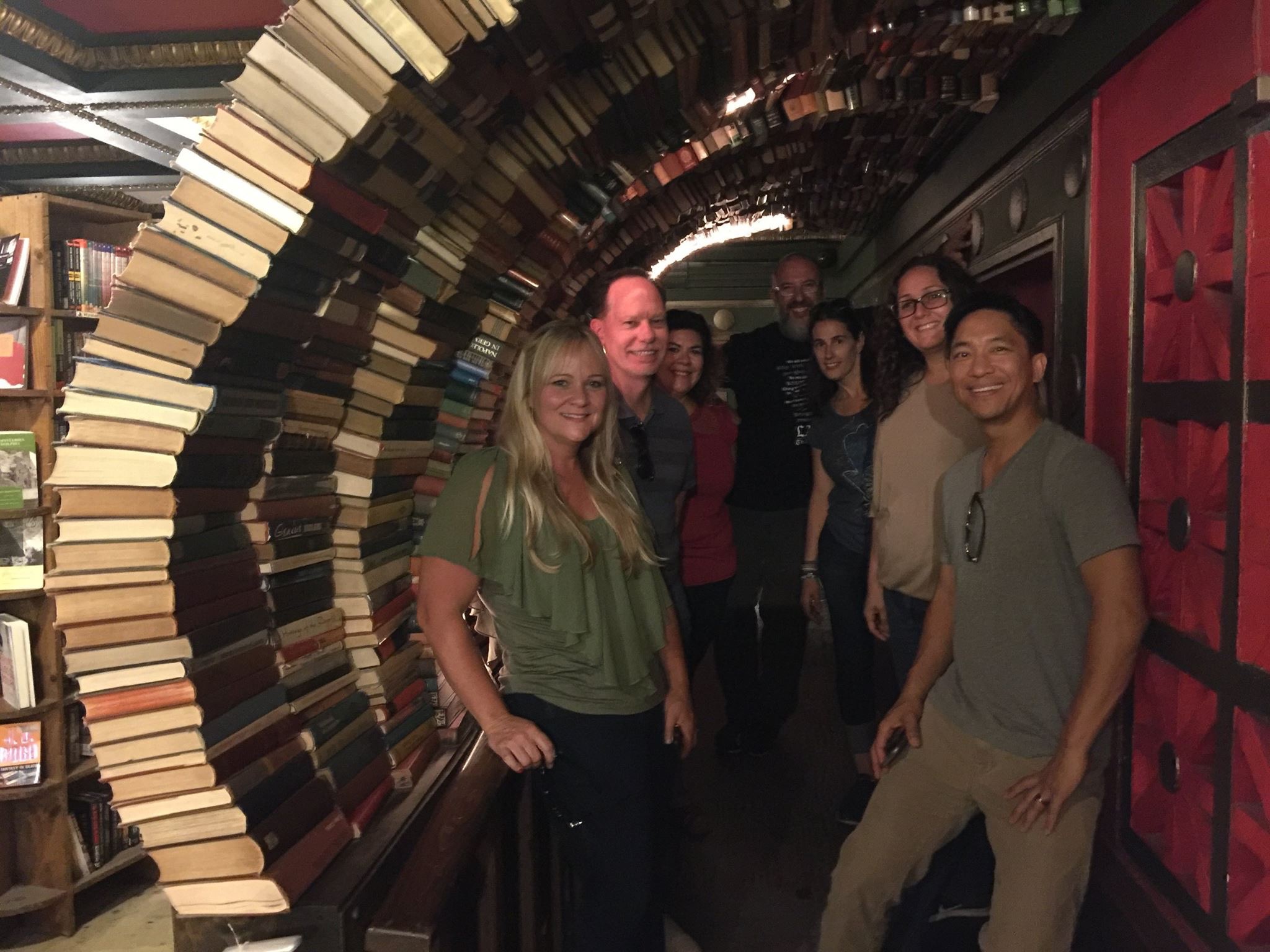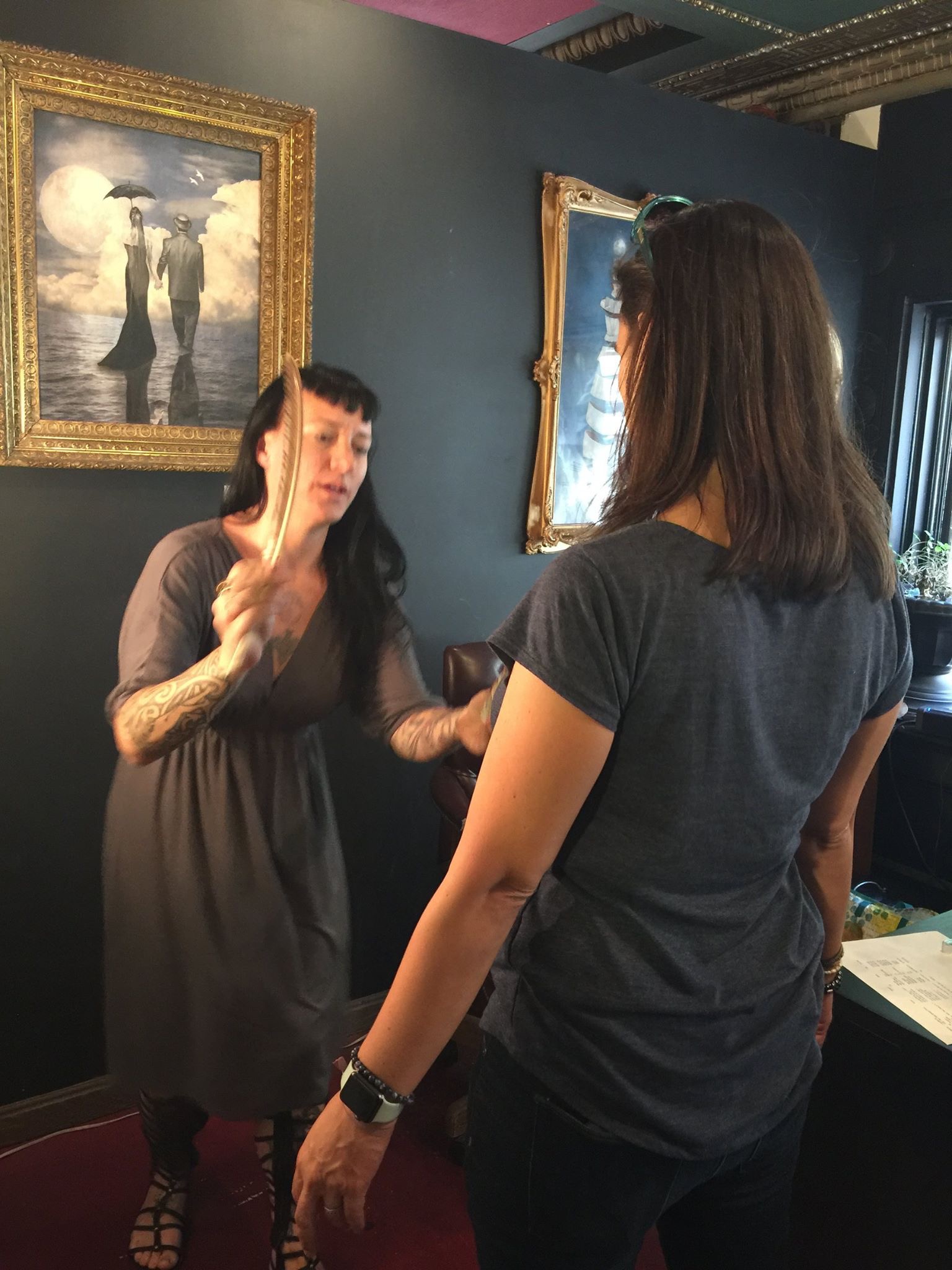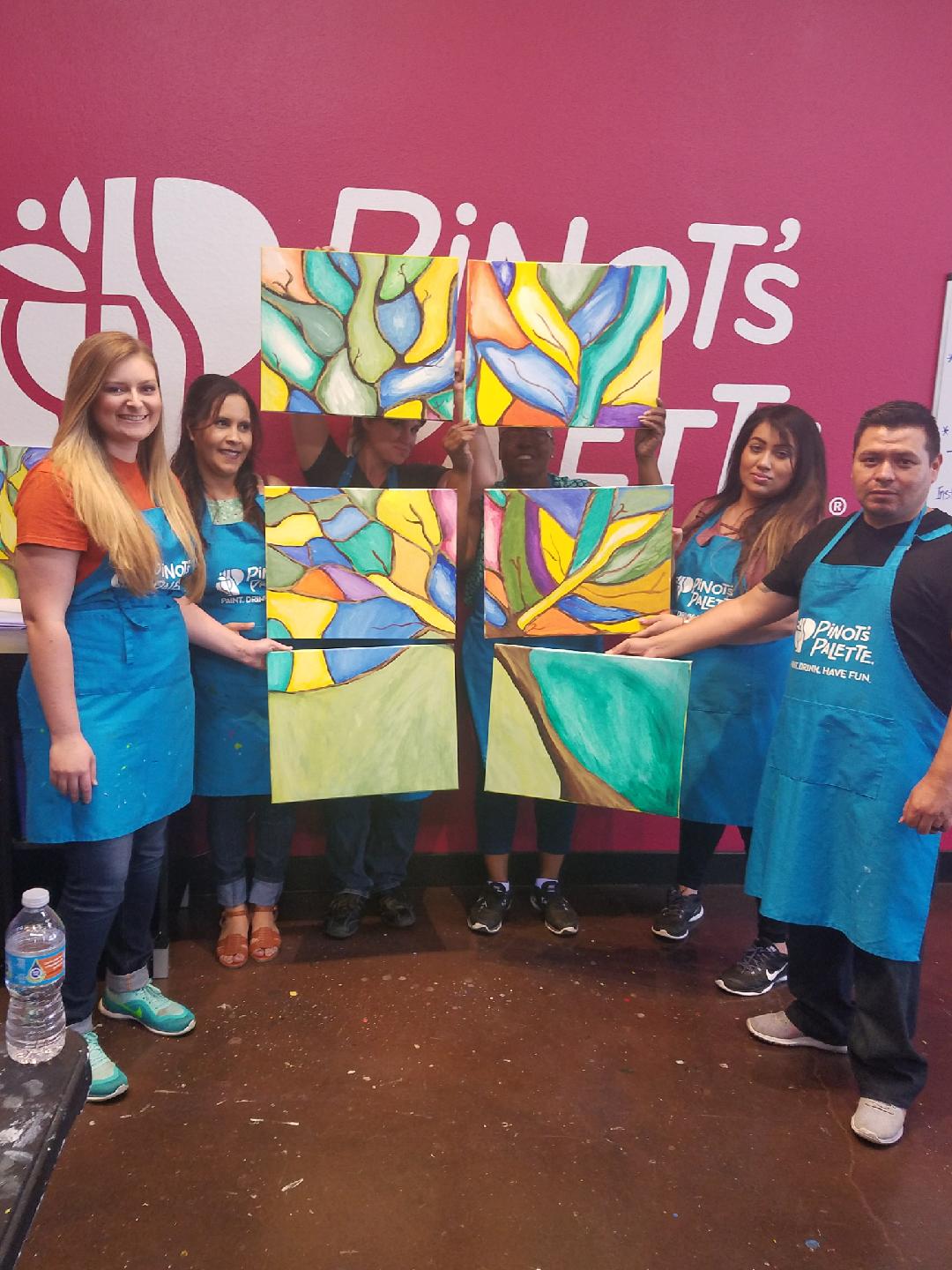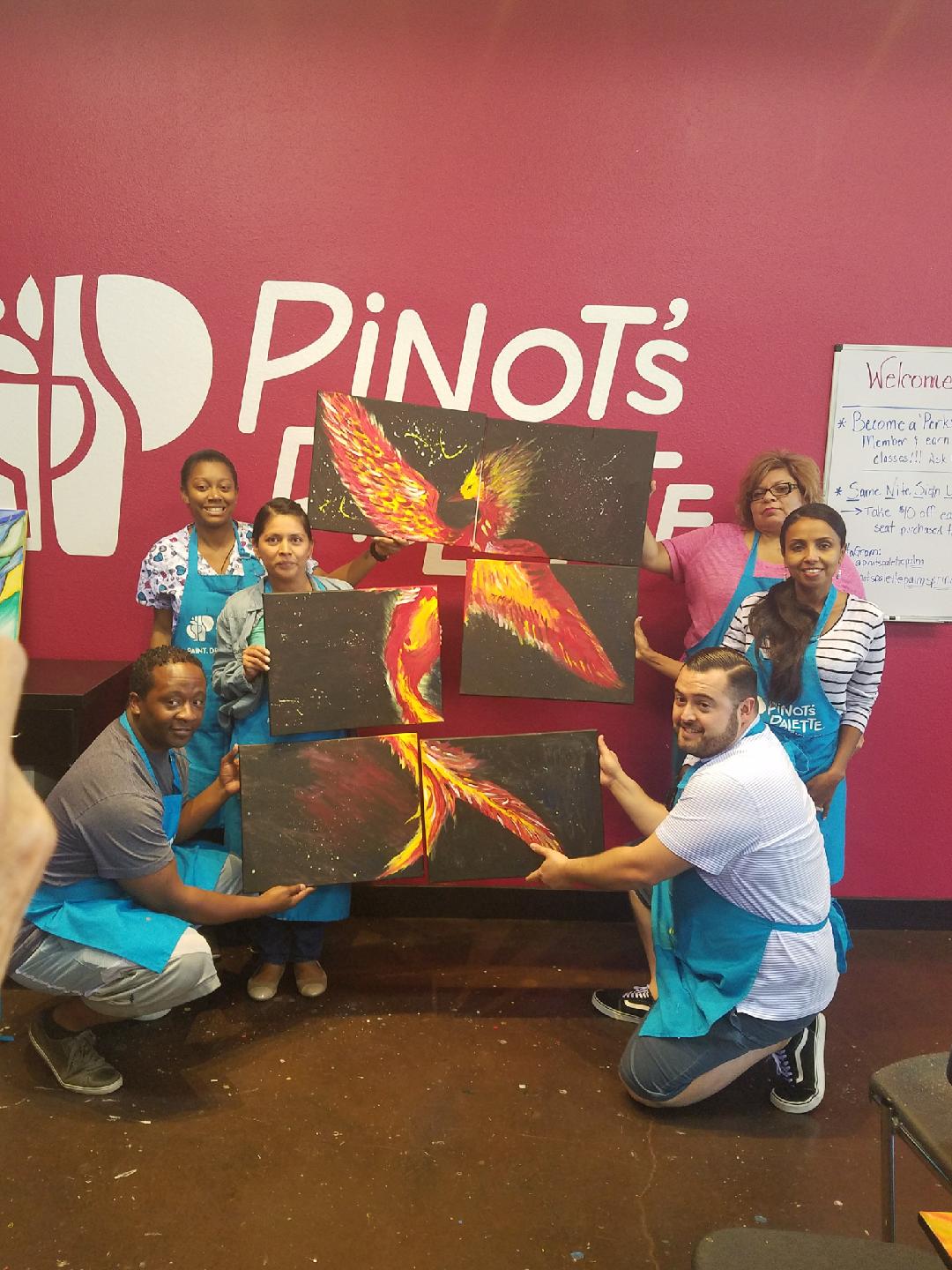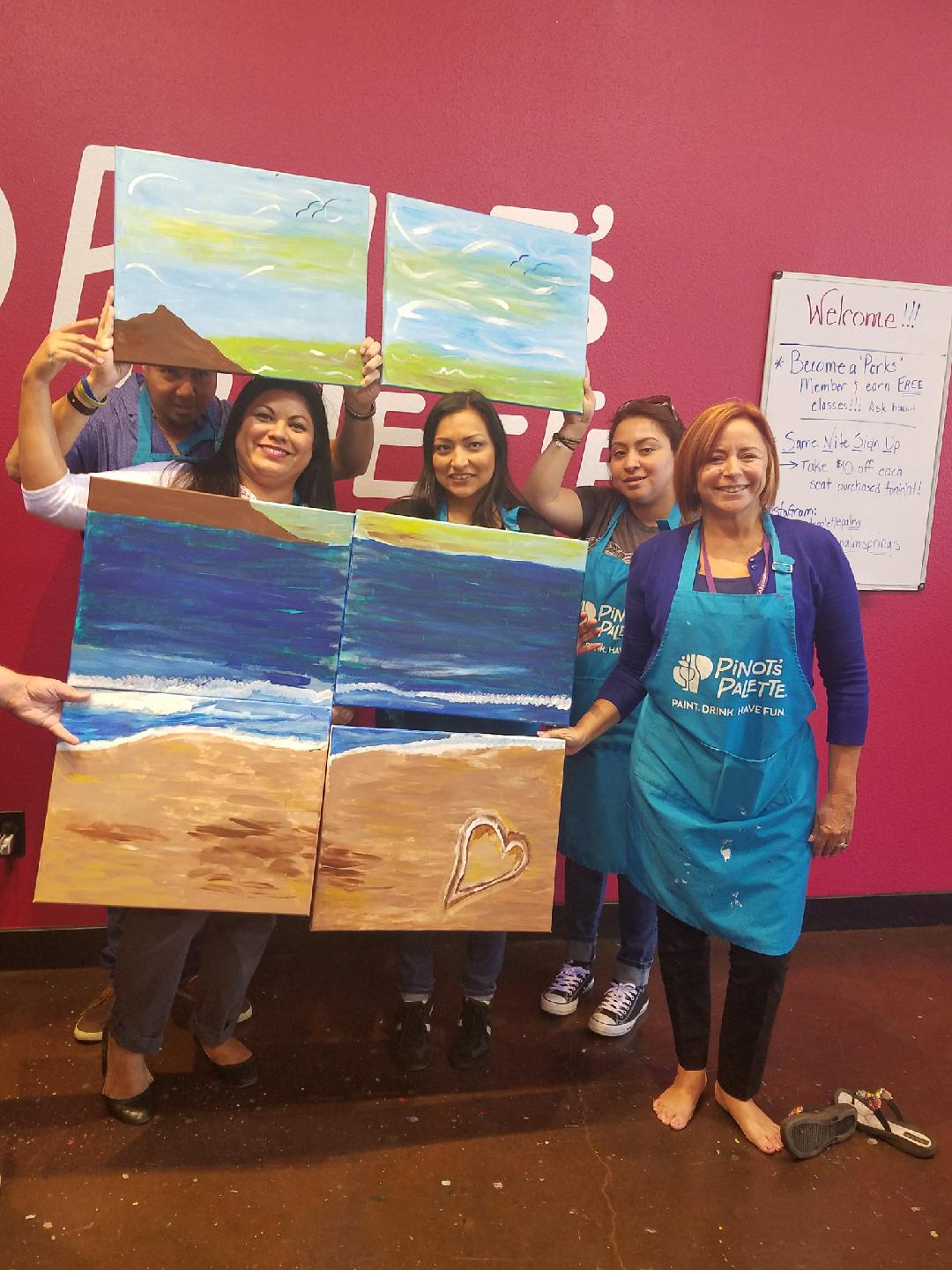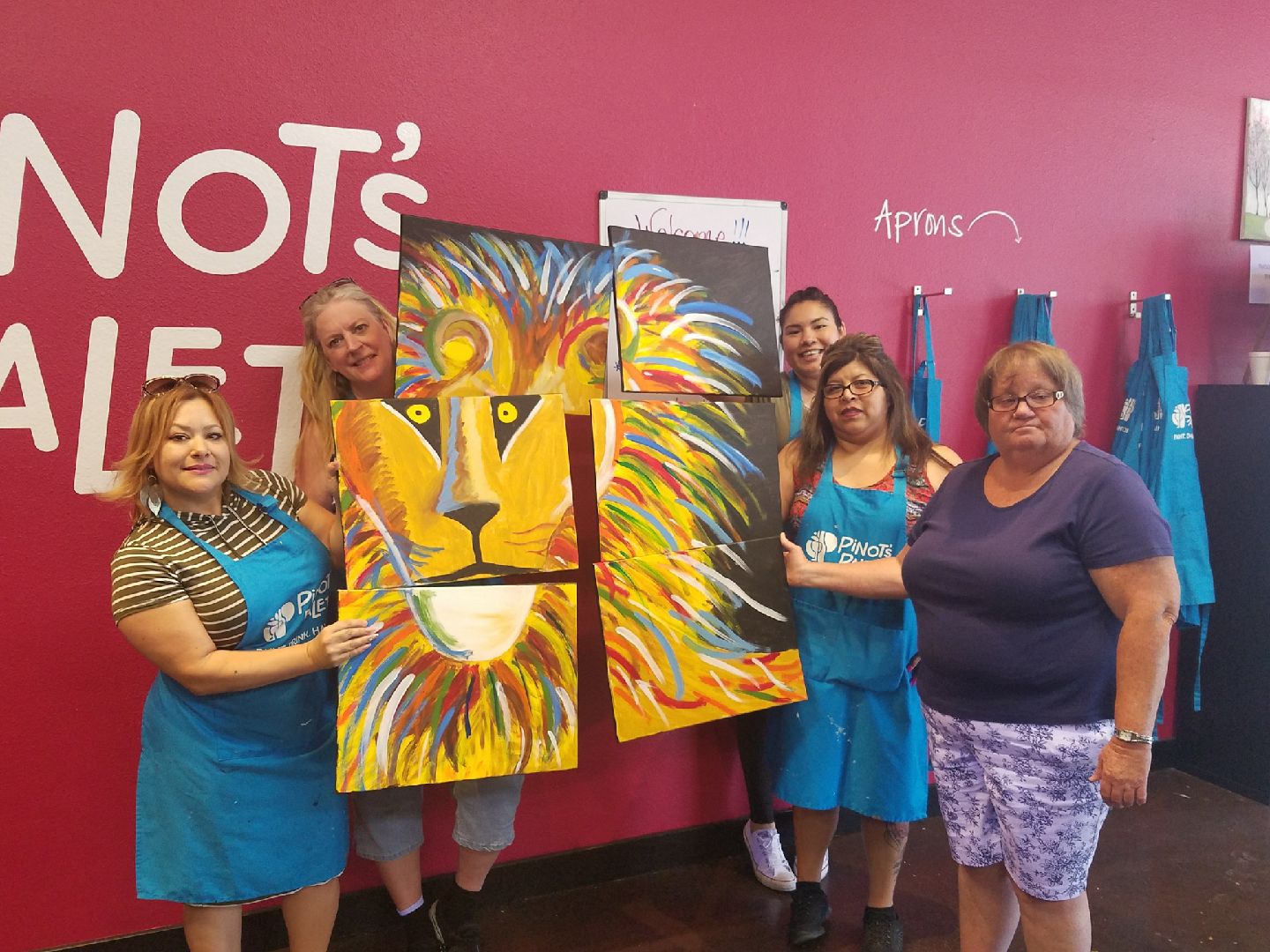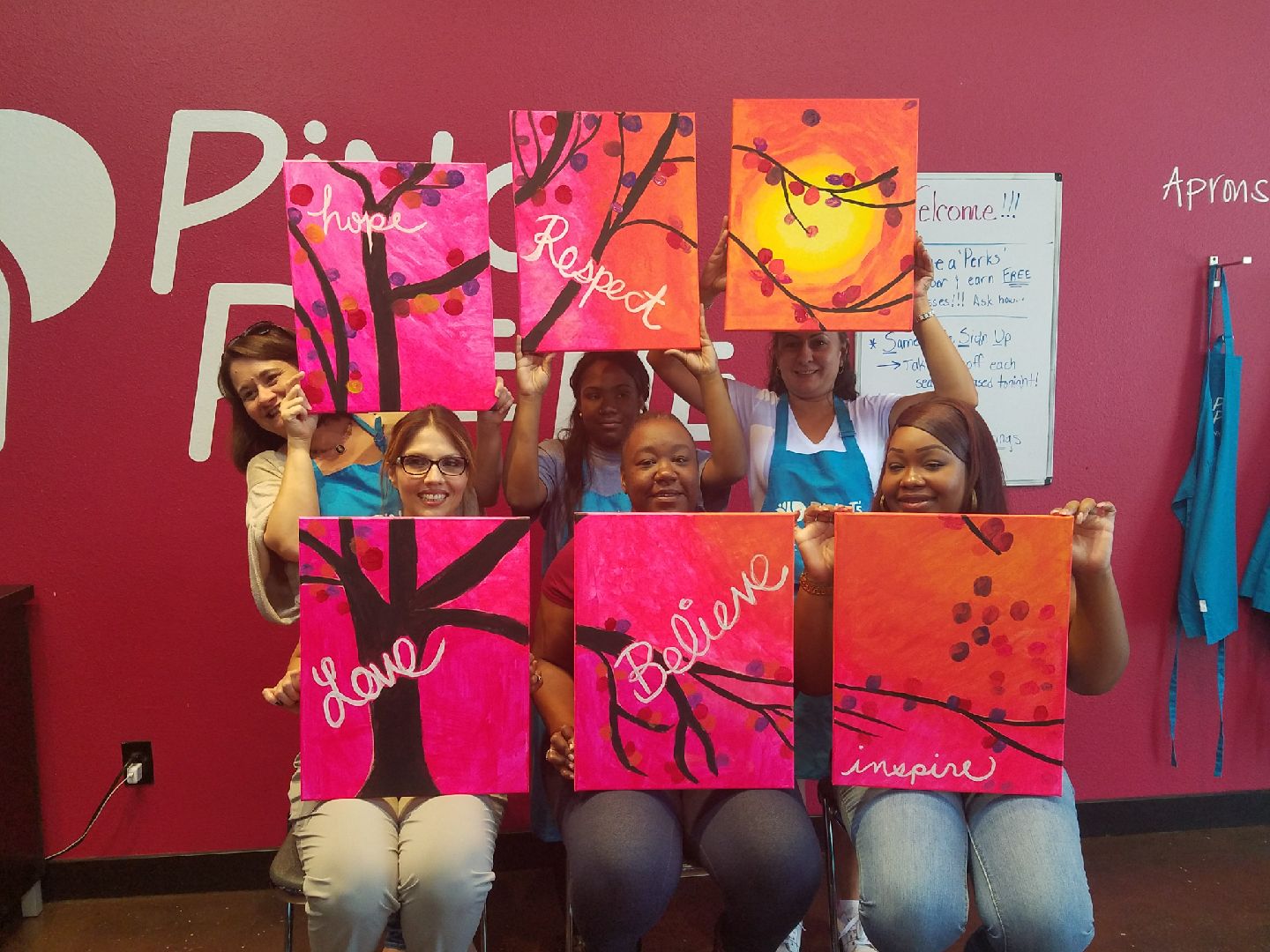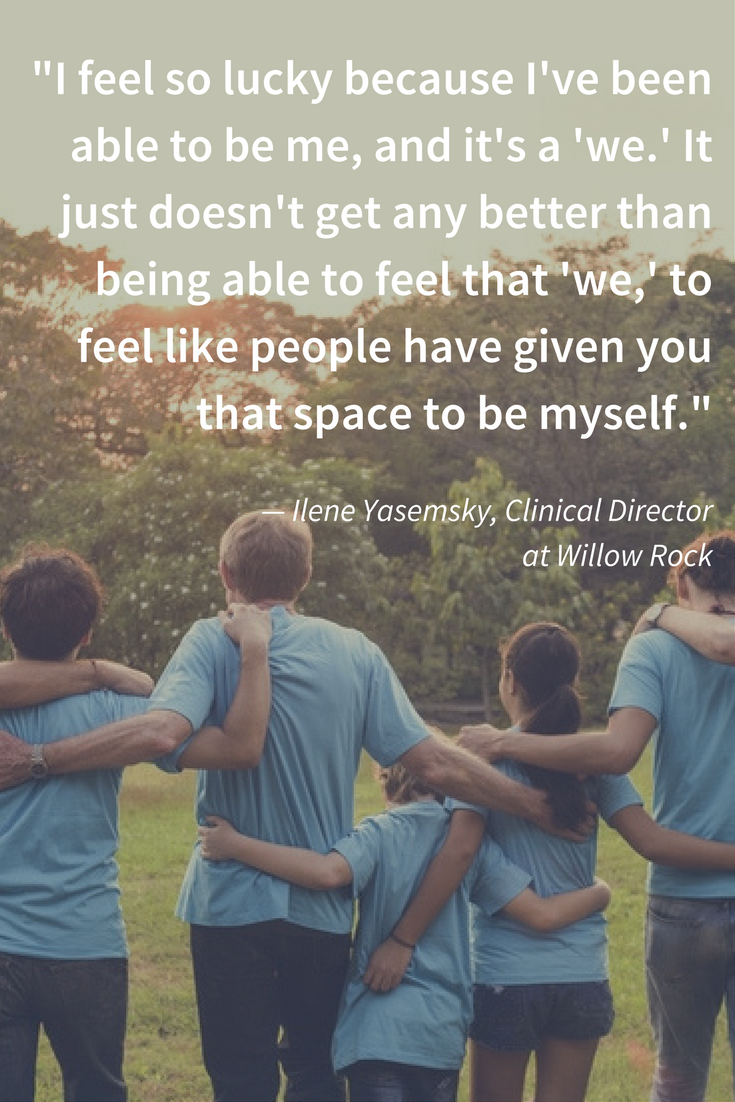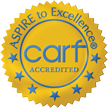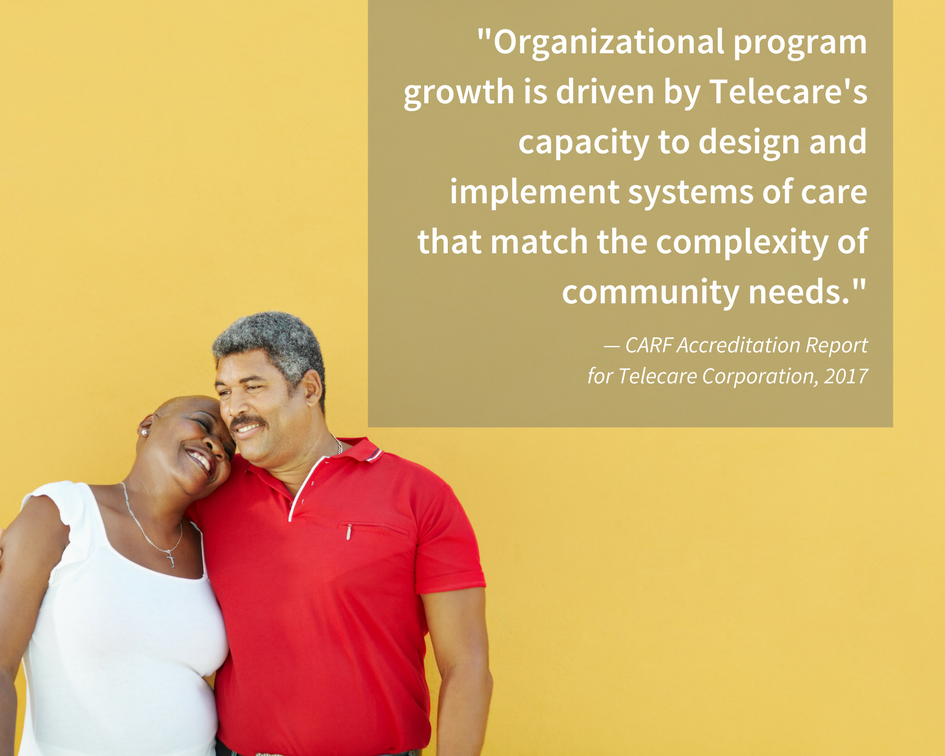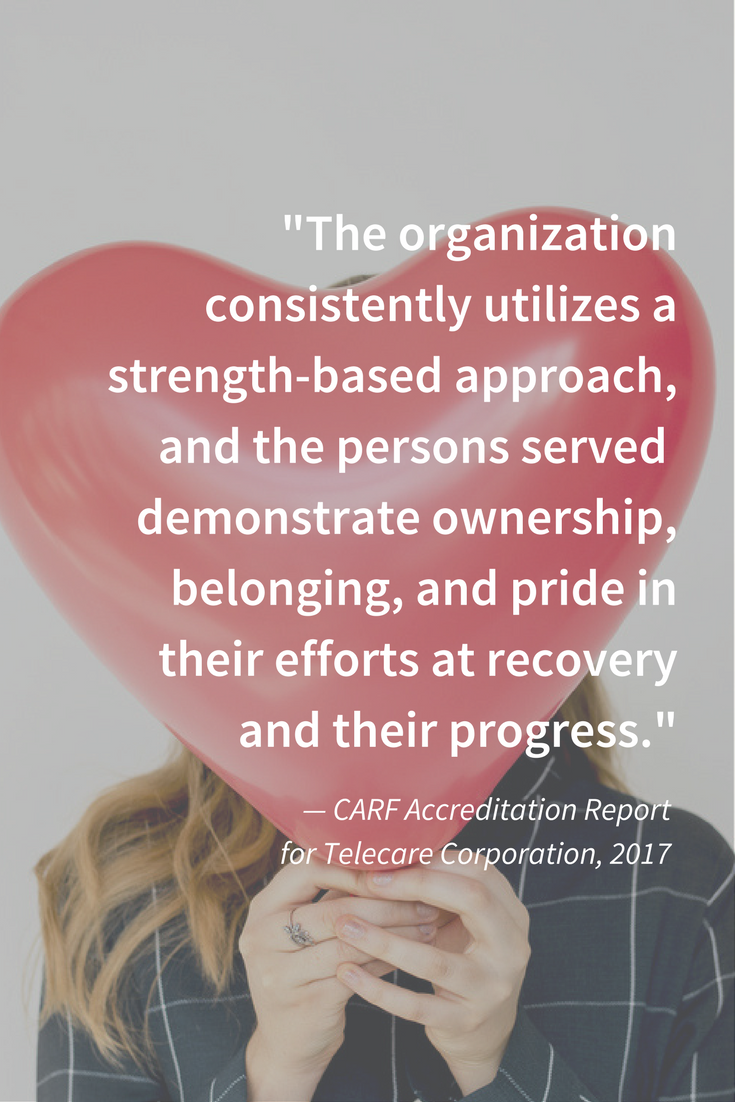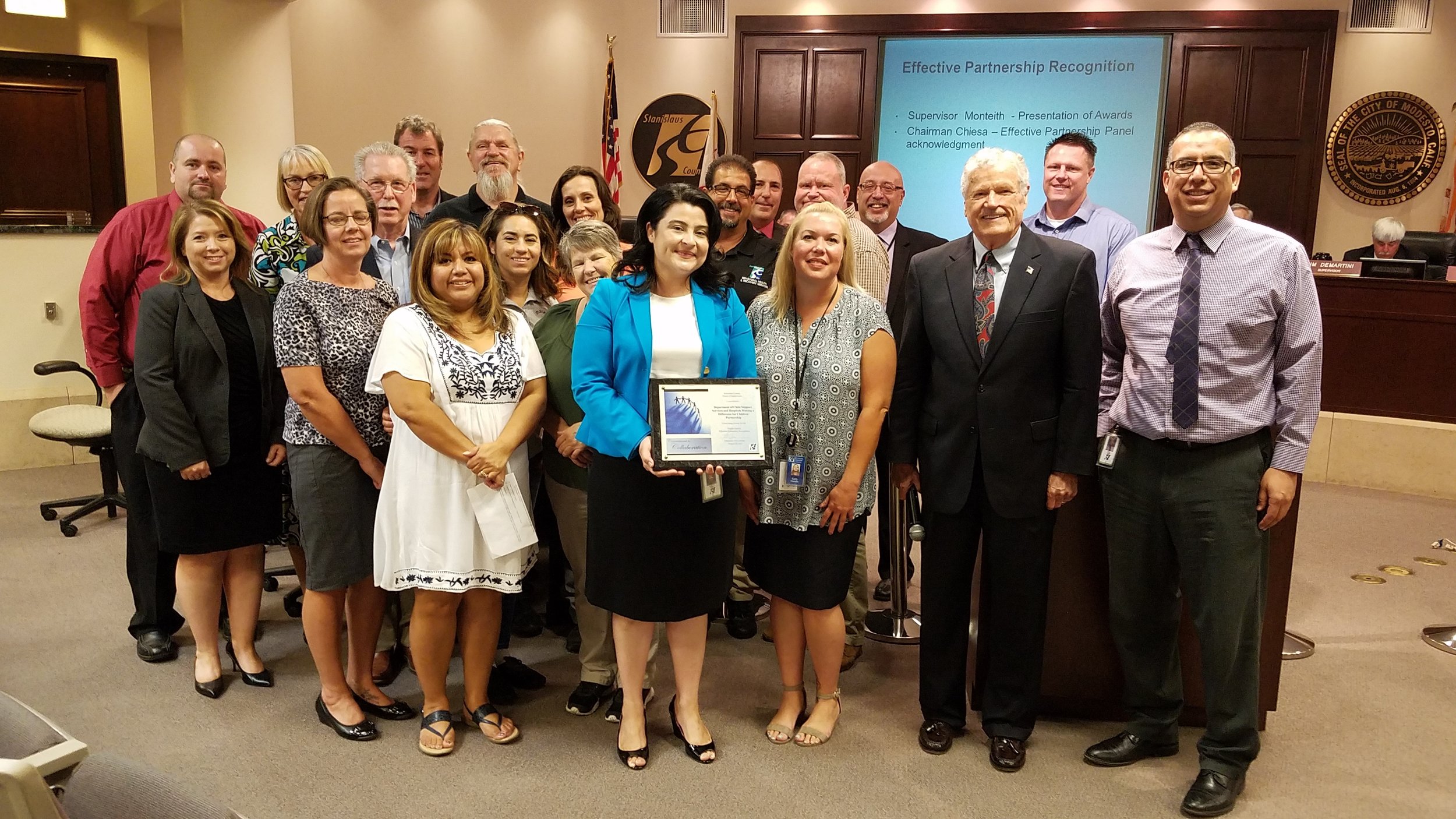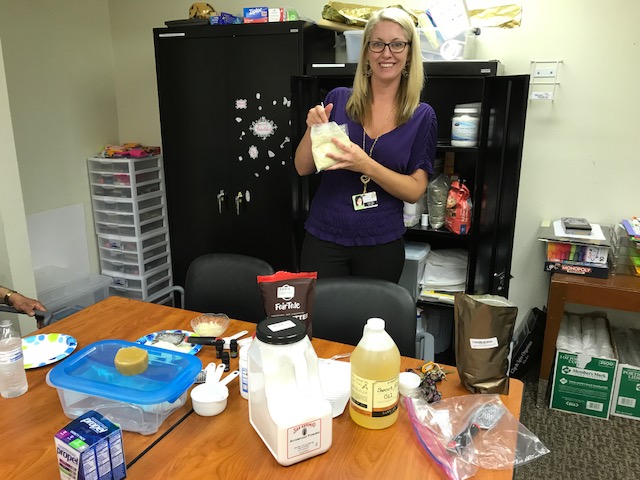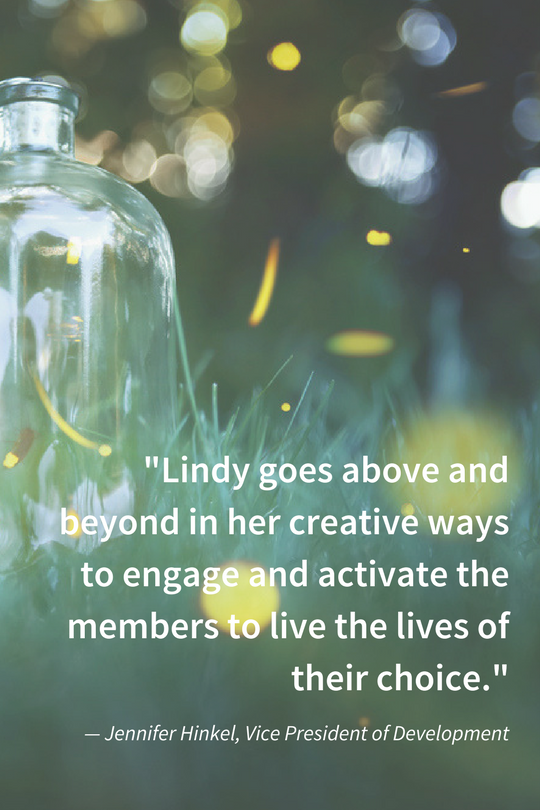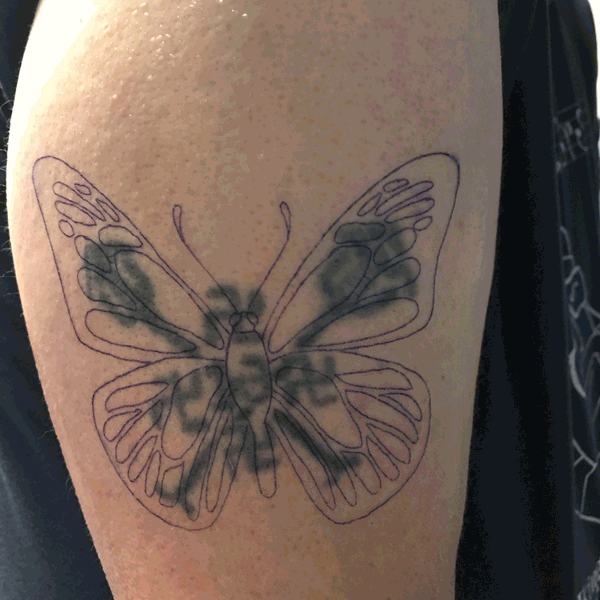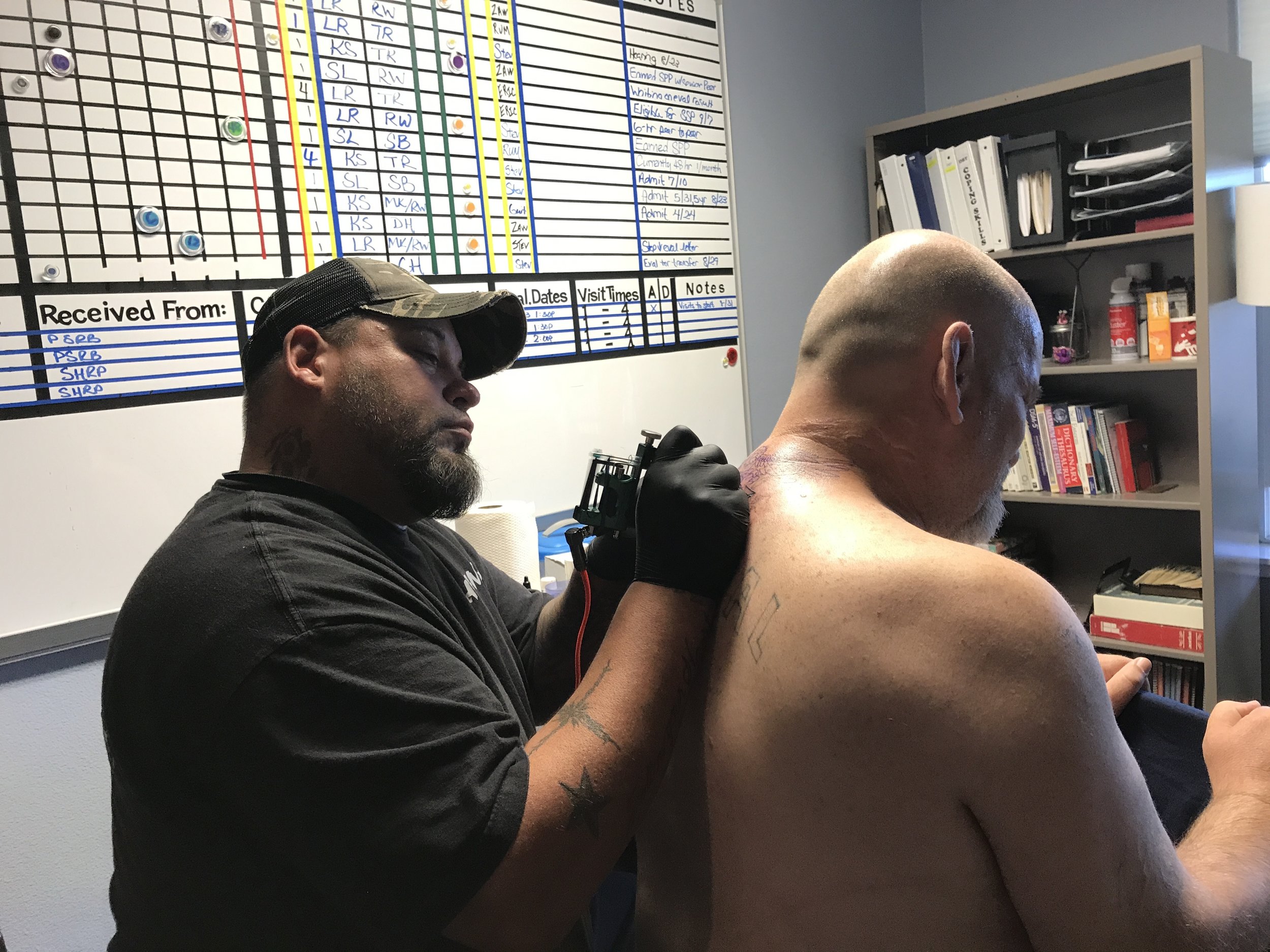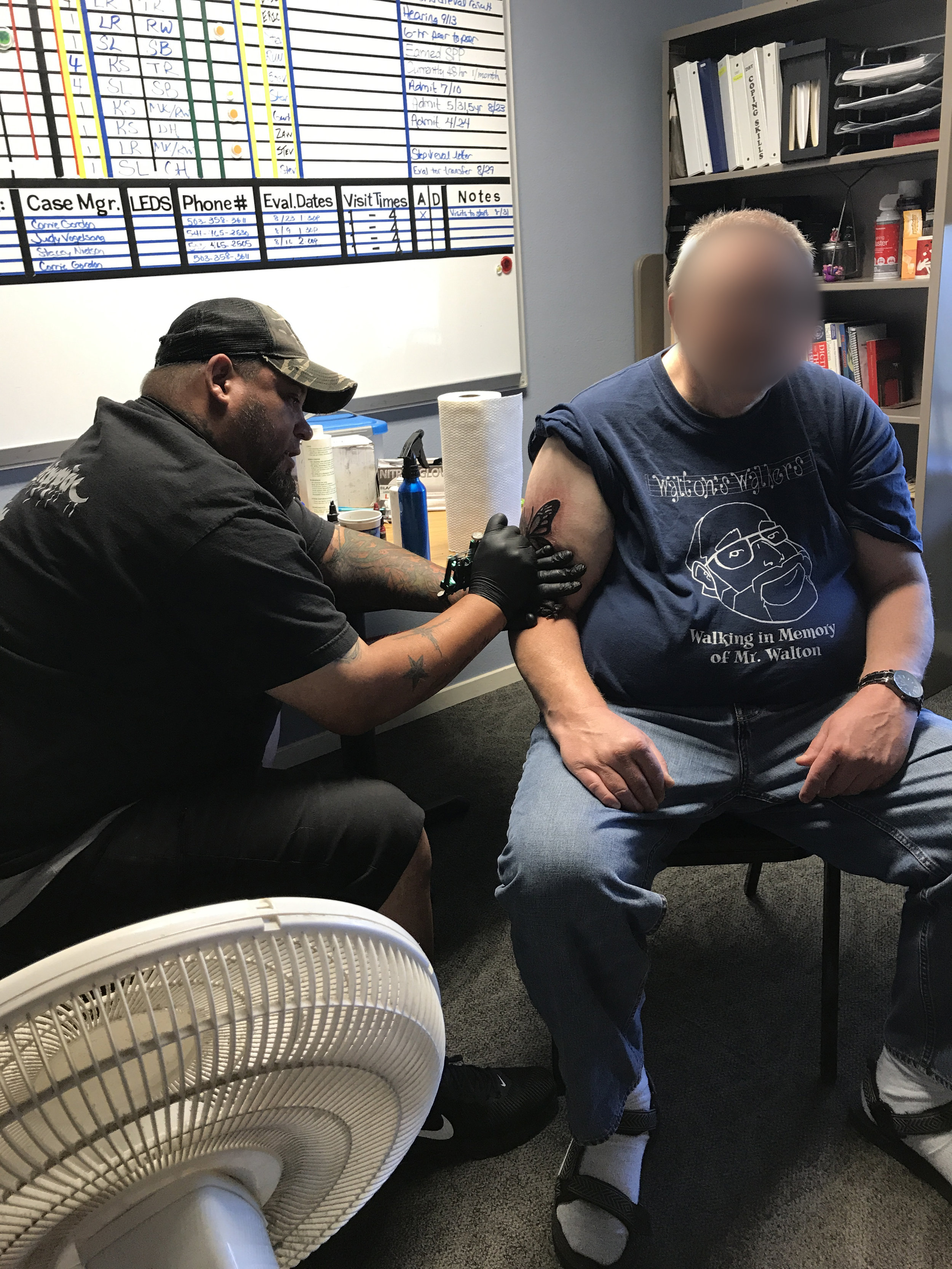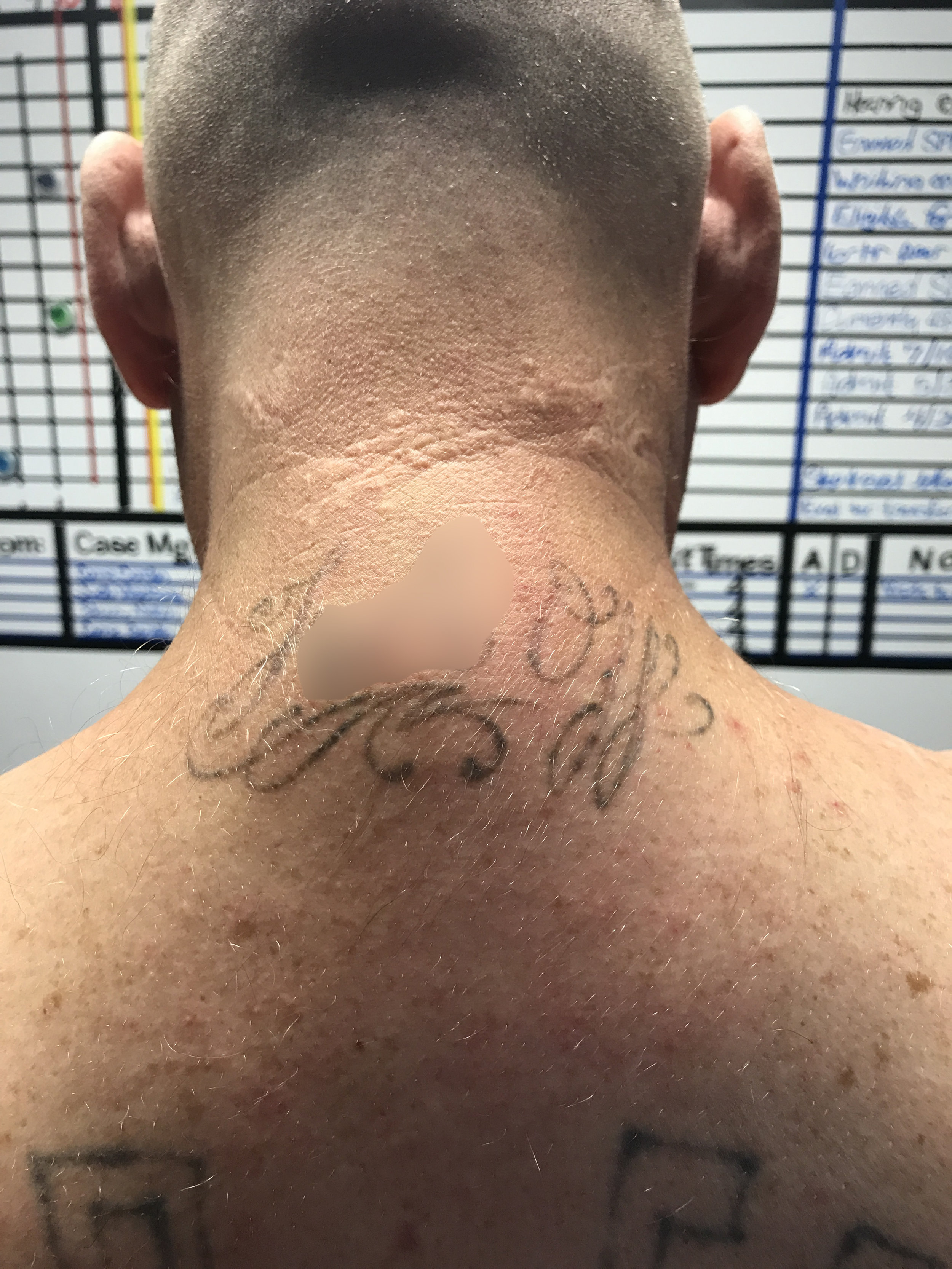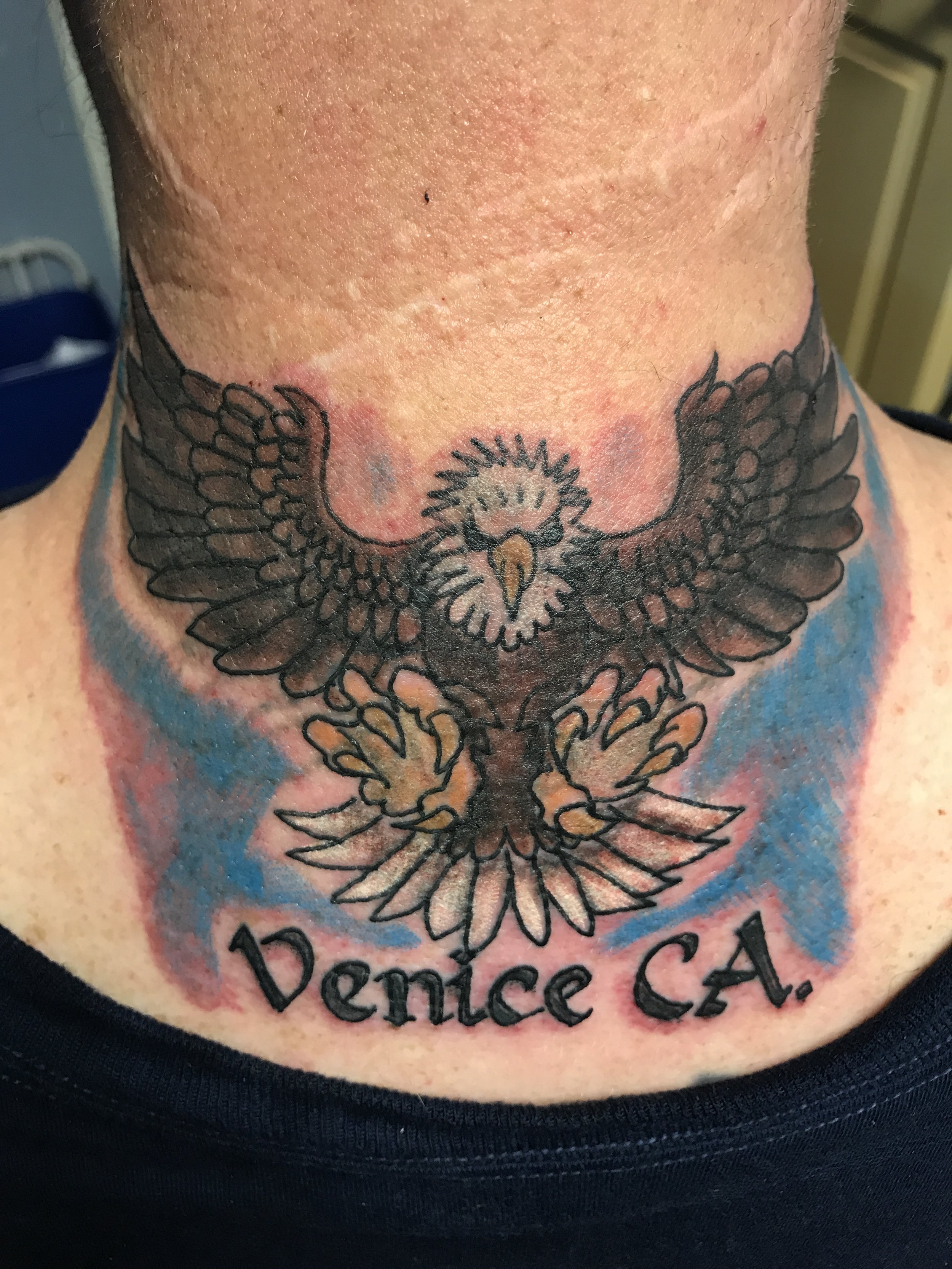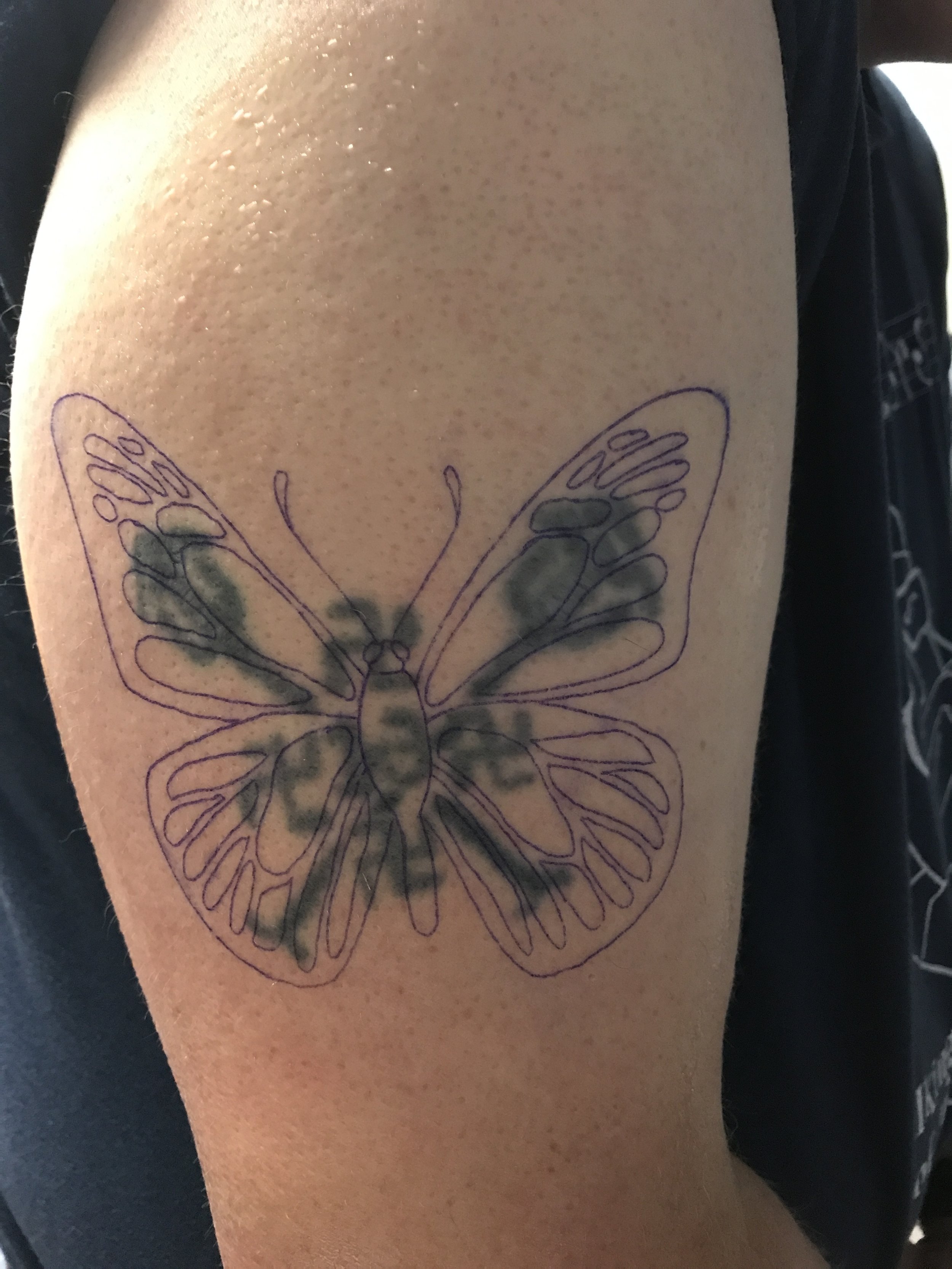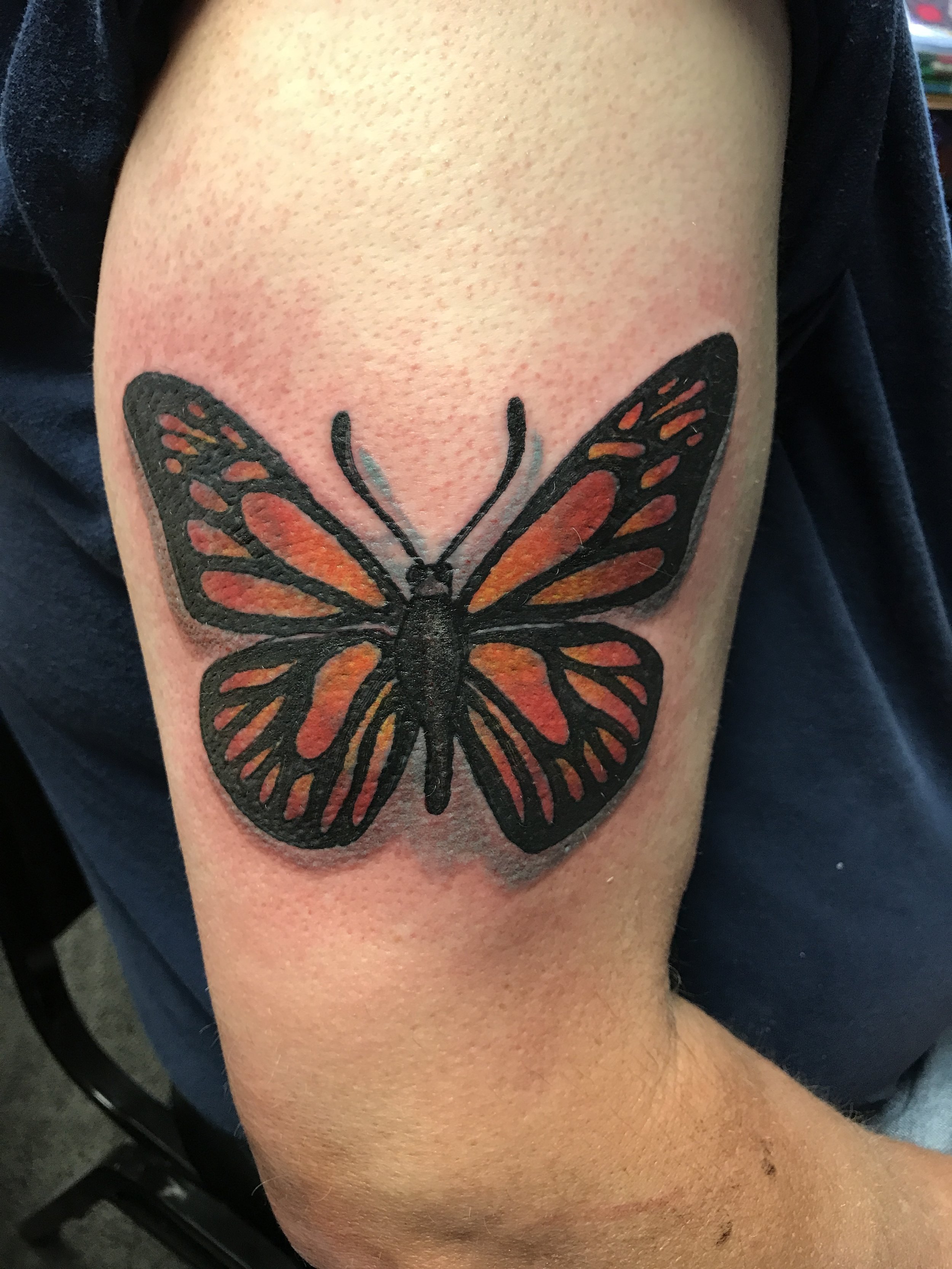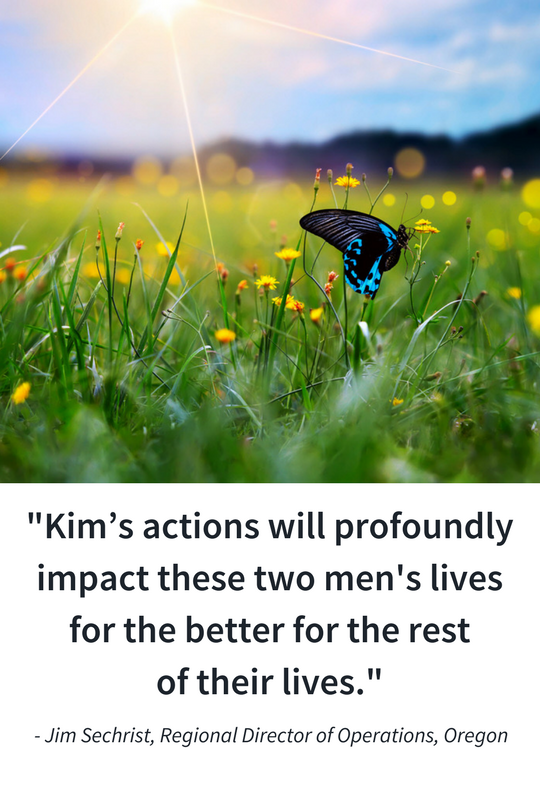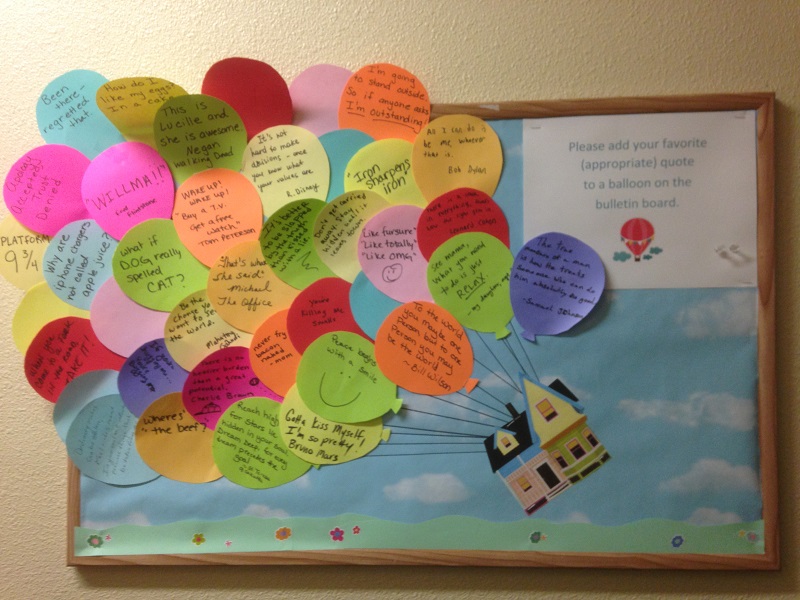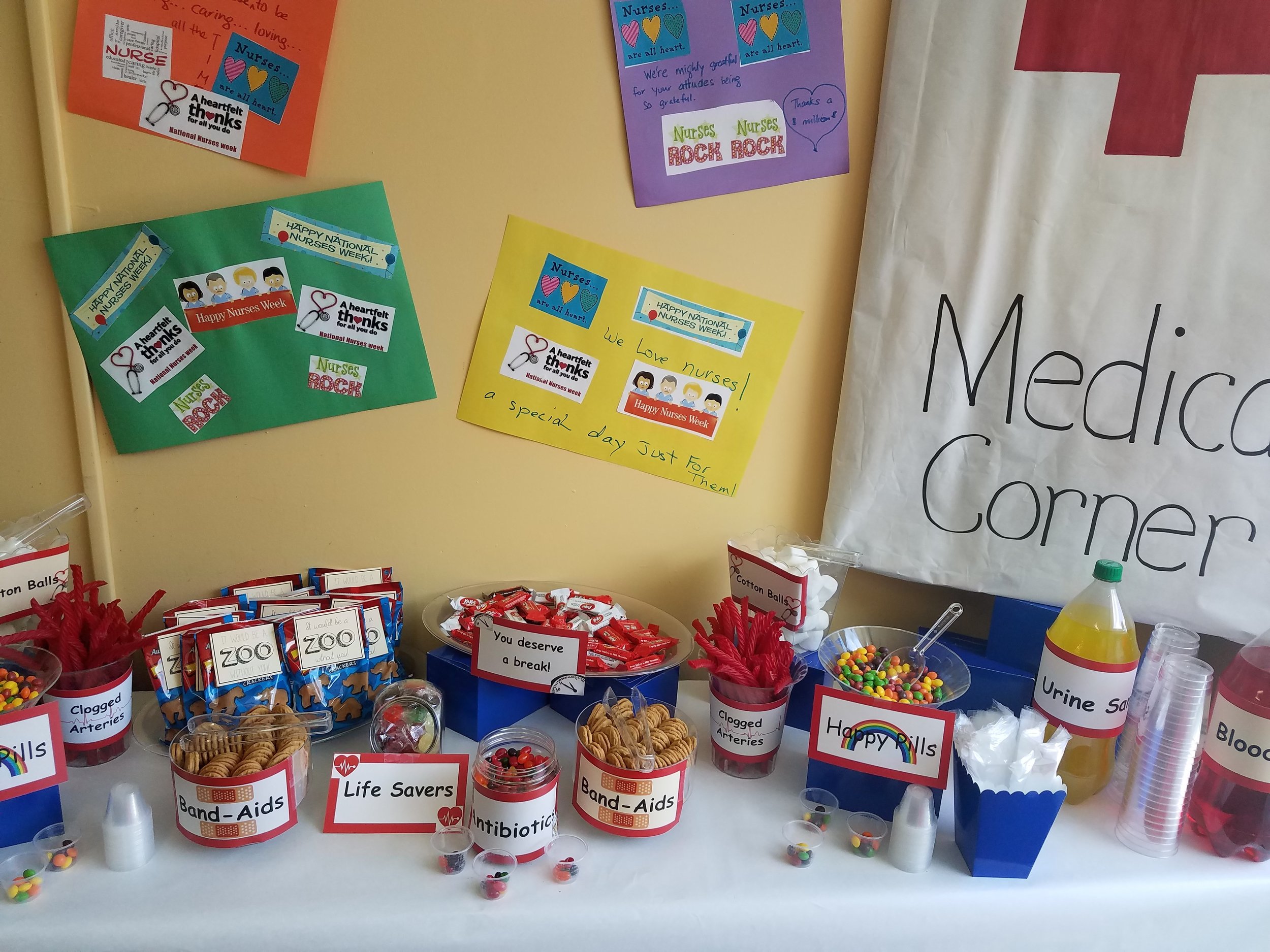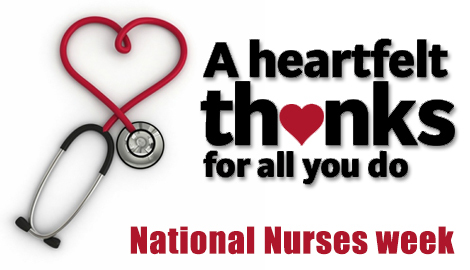Coping With Trauma After a Natural Disaster
/Aftermath of sonoma county's tubbs fire in the coffey park neighborhood of santa rosa, California. Image by the national guard.
The fires in Northern California destroyed thousands of homes and businesses, devastated communities, and impacted thousands more beyond its reach. The Tubbs Fire missed Telecare’s Sonoma ACT program in Santa Rosa, California, but destroyed 36,000 acres of their surrounding community, and killed 22 people over the course of eight days.
Staff and members of Sonoma ACT are all accounted for and safe, however many had to evacuate and one staff person lost the home where she was moving into. "It was an unbelievable event to live through," said AJ Rylaarsdam, administrator of Sonoma ACT. "Having a fear for life, a fear for property, a fear for community — it was heartbreaking. Apocalyptic has been the way to describe it.”
Sonoma ACT Administrator AJ Rylaarsdam
While the members we served are all safe, the invisible wounds of trauma from a natural disaster can still affect people in many different ways. We chatted with AJ about her experience managing a natural disaster in real time and got a few tips on how to address the trauma that unfolds afterward.
What was your initial reaction when you got the call about the fires?
I was called at 6 a.m. to evacuate my house, so I did that first. While I was evacuating, my clinical director, Diana Freedman, who lives in Petaluma and was slightly removed from the fires, made calls to each staff member to account for everyone and ensure their safety. I went to the office that morning, but the area was not safe to be in, so that day we notified everyone to take care of their personal safety first until we had more information. Most of our work involves driving throughout the community to see members, but due to the high winds and rapid movement of the fire, it was unclear where it was safe to drive or where the fires even were.
How did you get in contact with Sonoma ACT members?
As the fires continued uncontained throughout the week, evacuations continued in different areas, so the entire time was a process of accounting for all of our members. We went to visit them in their homes, provided directions and education on evacuation centers, encouraged them to stay in their home as much as possible because the air quality was so bad, but then also to follow any directions by police or firefighters if there were evacuations. Diana had all calls coming into the office directed to her, and our communications stayed open 24/7.
Are there any practices from Trauma Informed Care you called on to move through this event with staff and members?
An important part of Trauma Informed Care is taking universal precautions. In first aid training, taking universal precautions means we don’t know who might have a communicable disease, so we’re going to put on gloves. After a traumatic event such as a natural disaster, when you have an encounter with someone you’re going to treat them in a way that’s sensitive to someone who may have had trauma. One aspect of what that looks like is a lot of asking permission: “Is this conversation okay?” “My plan is we were going to talk about this, is that okay?”
How did you use Telecare's Employee Assistance Program (EAP)?
This has been a fantastic resource. Shortly after we returned to the office, a counselor from MHN (Telecare's EAP provider) came in to educate the team about mental health after a natural disaster. Certain symptoms of trauma and PTSD, like difficulty focusing, might become apparent outright, but many symptoms may not be as visible. As mental health care workers, we have powerful reserves. It's essential to take care of each other in a way that recognizes a lot of the symptoms are invisible. You may think someone's okay, and they may think they are okay, but it will serve us all to continue to check-in in a concrete, ongoing way.
I also encouraged staff to take advantage of the EAP program individually. We're going to meet with a counselor again as a team after the holidays, and maybe three months after that, just to ensure that not only the people exhibiting overt symptoms of distress are getting help.
How You Can Help:
Donate Money:
American Red Cross
Sonoma County Resilience Fund
Napa Valley Community Disaster Relief Fund
Redwood Credit Union
Donate Time: American Red Cross/Other Volunteer Opportunities
Volunteers of all kinds are encouraged to register with the Red Cross. Licensed clinical mental health workers are needed to provide support in the communities affected.
To find out how to help, call: 707- 577-7600 or click here to sign up to volunteer.
You can also contact Ricardo Martinez, DGS Chief Procurement Officer, at 916-317-6451 or ricardo.martinez@dgs.ca.gov
Alameda County licensed clinicians are encouraged to volunteer as well: for more information on how to volunteer with the County efforts, please contact Todd.stephenson@acgov.org.
More Resources:
Sonoma County Community Information Page
County Mental Health Services (for all of California)
For a roundup of crisis and emergency support resources, click here.


